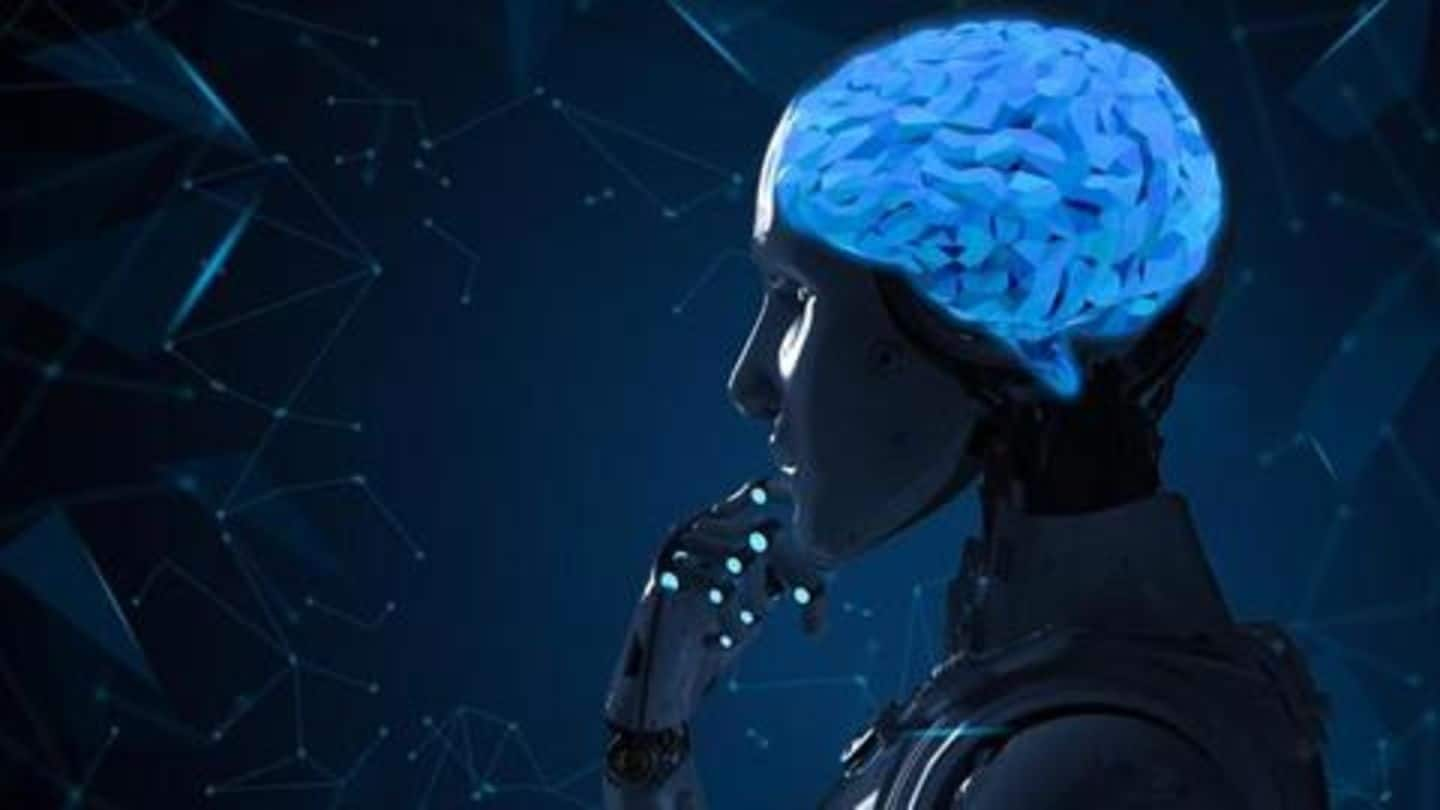
Now, an AI engine can tell when you will die
What's the story
AI is getting better at a lot of stuff (including things like playing poker), but one particular US-based healthcare provider is using the technology for something completely different - telling when people might die. They have trained a neural engine to predict which patients are more likely to die within the next one year. Here's all you need to know about it.
Training
Training the AI to predict the possibility of death
Just recently, the folks at Pennsylvania-based healthcare provider Geisinger used over 1.77 million electrocardiogram logs, measured in voltage over time, from 400,000 patients to train their predictive AI model. They hoped to teach the model a way to detect patterns indicative of future cardiac problems, including heart attacks and atrial fibrillation, that may lead to death in the near future.
Discoveries
Preliminary results: The system performed pretty well
When the team tested the model, they found that it did much better than other tools at predicting diseases and defining which patients are at a higher risk of dying within one year and which might survive. In fact, according to the researchers, the model was even able to flag heart conditions that cardiologists had missed in the first place.
Quote
Researchers say it can observe signs we normally miss
"That finding suggests that the model is seeing things that humans probably can't see, or at least that we just ignore and think are normal," study lead Brandon Fornwalt told New Scientist. "AI can potentially teach us things that we've been maybe misinterpreting for decades."
Advantage
Predicting possibility of death can help with care procedures
Evidently, a model capable of predicting who is at more risk of dying within the next year can help health care experts use their resources more effectively. Specifically, they could give more care and optimal treatments to high-risk patients to save them or at least alleviate their pain. Not to mention, flagging missed out heart conditions would also help in saving lives.
Google's AI
Google, too, has developed a similar AI engine
While the researchers at Geisinger have no explanation (!) for the patterns their AI has flagged to predict the possibility of death, it's imperative to note that their system isn't the only one in this field. Google too had built a predictive AI model with electronic health records to tell how long a patient would stay in a hospital and when he/she might die.